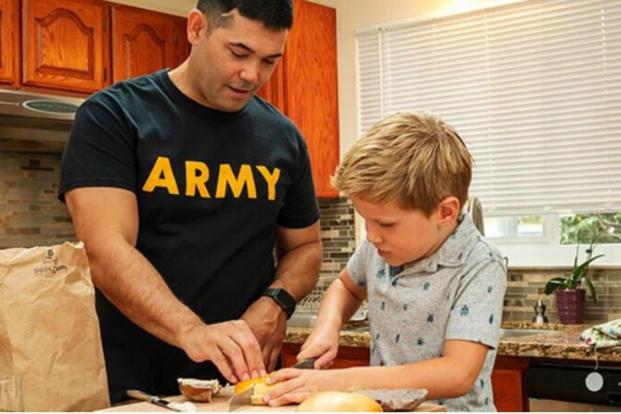It’s no exaggeration to say COVID-19 has changed daily life for everyone. On the news, we see how the pandemic is affecting hospitals, businesses, and local communities. How is COVID-19 impacting our country’s servicemembers?
Military members and their families face a unique set of challenges with COVID-19. For instance, the U.S. Department of Defense’s stop movement order has been extended through June, with some restrictions eased. This not only impacts permanent change of stations, but also deployments and redeployments, recruiting events and more. Spouses and other family members may be furloughed or experience a loss of job, too, which puts a strain on their overall household income and budget.
To help servicemembers and their families through this challenging time, let’s take a look at some of the financial resources available.
Special Pay
Branches of the military have issued hardship duty pay (HDP) for servicemembers and families who were previously given permanent change of station (PCS) orders. Currently, the Army is offering HDP of $100 a day, up to $1,500 a month, to soldiers and families whose PCS orders were put on hold. Servicemembers who’ve been ordered to self-quarantine after completing a PCS can apply for an isolation allowance. Contact your command or service branch to see if you’re eligible for HDP or other allowances.
Student Loans and GI Bill Benefits
Until recently, the Post-9/11 GI Bill would pay the full housing allowance for veterans taking college classes on campus, while veterans learning online would receive only half of the allowance. As colleges and universities nationwide made the switch to online-only classes, Congress passed a law on March 21 that gives U.S. Department of Veterans Affairs the authority to provide allowances at their full amount.
The federal government is also waiving eligible federal student loan payments and interest for six months -- retroactive to March 13, 2020. While the legislation only covers federal student loans, there are opportunities for students and parents with private student loans to get relief.
Extended Tax Filing Deadline
Due to COVID-19, the Internal Revenue Service pushed the federal tax filing deadline to July 15, giving Americans more time to prepare their tax returns. If you expect to receive a refund this year, though, consider filing sooner rather than later so you can put that money back into your account.
The CARES Act
For many military families, the most important pieces of this legislation are direct cash payments, extra unemployment benefits, penalty-free retirement withdrawals up to a certain point and veteran-specific health care support.





